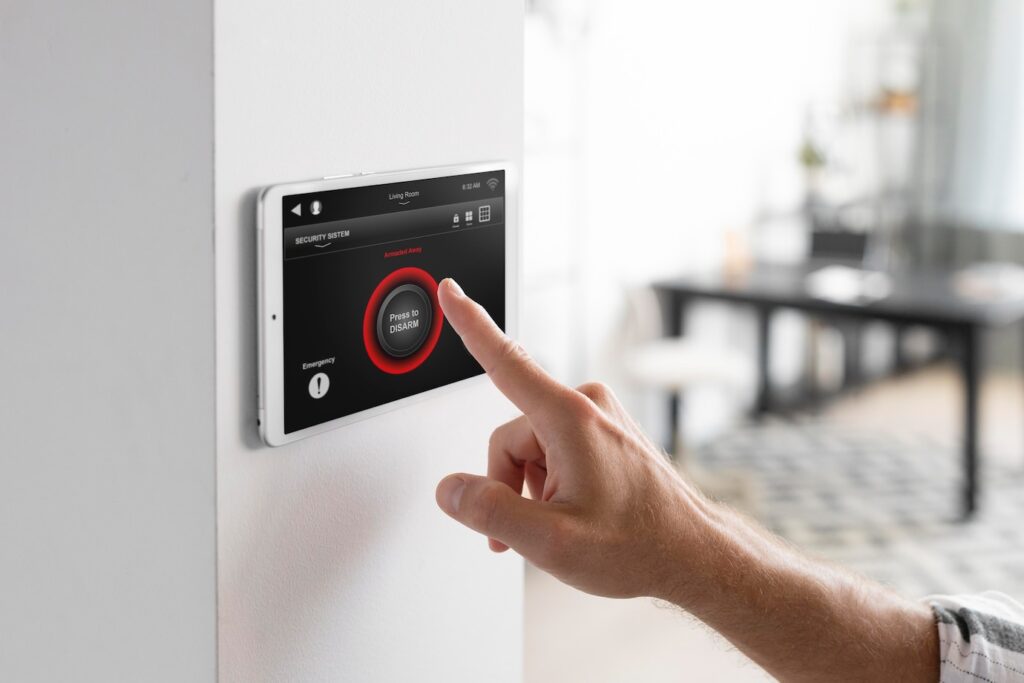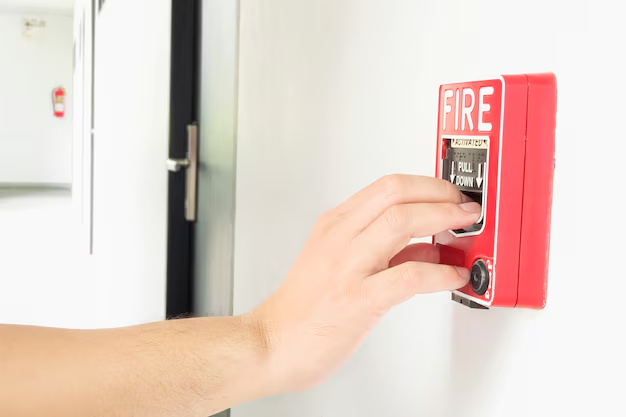Fire Alarm System Houston: A Comprehensive Guide To Seek
Fire Alarm System Houston and its safety is a critical concern for both residential and commercial properties in Houston, Texas. With the city’s diverse architecture and the ever-growing population, the need for effective fire alarm systems has never been more vital. This article explores the various aspects of fire alarm system Houston, including their types, components, regulations, installation, maintenance, and the importance of choosing the right system for your property.

Understanding Fire Alarm System Houston
A fire alarm system is designed to detect and alert occupants of a property in the event of a fire. These systems are crucial for saving lives and protecting property by providing early warnings that allow for timely evacuation. Fire alarm systems can vary in complexity, ranging from simple smoke detectors to sophisticated networks that integrate various safety features.
Types of Fire Alarm Systems

Conventional Fire Alarm Systems:
These systems divide a building into zones and are ideal for smaller properties. When a detector senses smoke or heat, the system alerts occupants and indicates the specific zone where the alarm was triggered.
Addressable Fire Alarm Systems:
More advanced than conventional systems, addressable systems allow for precise identification of the specific device that has activated the alarm. This feature is particularly useful in larger buildings, where knowing the exact location of a fire can facilitate a faster response.
Wireless Fire Alarm Systems:
These systems use radio frequencies to communicate between devices, eliminating the need for extensive wiring. They are often used in historic buildings or structures where wiring may be challenging.
Smart Fire Alarm Systems:
Integrating with smart home technology, these systems allow users to monitor their property remotely via smartphone apps. They provide real-time alerts and can be connected to other smart devices, enhancing overall safety.
Key Components of Fire Alarm Systems

A typical fire alarm system consists of several key components:
Smoke Detectors: These devices detect smoke particles in the air. There are two main types: ionization detectors (which respond quickly to flaming fires) and photoelectric detectors (which are more responsive to smoldering fires).
Heat Detectors: Designed to trigger alarms based on temperature increases, heat detectors are typically used in areas where smoke detectors might cause false alarms, such as kitchens or garages.
Manual Pull Stations: These are installed throughout the building and allow occupants to trigger the fire alarm manually if they detect a fire.
Alarm Notification Devices: This category includes sirens, horns, and strobe lights that alert building occupants to evacuate.
Control Panel: The control panel is the brain of the fire alarm system. It receives signals from the detectors and initiates the alarm response.
Fire Alarm Monitoring Service: Many businesses opt for a monitoring service that alerts local fire departments in the event of an alarm, ensuring a rapid response.
Fire Alarm Regulations in Houston
In Houston, fire alarm systems must comply with various local, state, and national codes and standards. Additionally, the Houston Fire Department (HFD) has specific regulations regarding fire alarm systems in commercial and residential buildings.
Installation of Fire Alarm Systems
Proper installation is crucial for ensuring that a fire alarm system functions effectively. Here are the steps typically involved in the installation process:
Site Assessment: A fire safety expert will assess the property to determine the best placement for detectors and alarms, taking into consideration building layout, occupancy type, and potential fire hazards.
System Design: Based on the site assessment, a customized fire alarm system is designed to meet the specific needs of the property.
Installation: Qualified technicians install the system according to local regulations and NFPA standards. It includes mounting detectors, pull stations, and alarm devices, as well as wiring and connecting components to the control panel.
Testing and Commissioning: After installation, the system undergoes rigorous testing to ensure all components function correctly. This step is critical for verifying that the system can detect fires and alert occupants as intended.
Training: Once the system is installed and tested, building occupants should receive training on how to use the system, including how to manually trigger alarms and respond in the event of an emergency.
Maintenance of Fire Alarm Systems
Regular maintenance is essential for ensuring that a fire alarm system remains operational and effective. Here are some key maintenance tasks:
Routine Inspections: Fire alarm systems should be inspected by a certified technician at least once a year to ensure all components are functioning correctly.
Testing: Regular testing of detectors, alarms, and control panels is necessary to confirm that they respond appropriately in an emergency.
Battery Replacement: Batteries in smoke detectors and control panels should be replaced regularly, typically every 6 months.
Updating Software: Software updates may be necessary for smart fire alarm systems to ensure compatibility with new technology and enhance security features.
Record Keeping: Keeping detailed records of inspections, tests, and maintenance activities is crucial for compliance with local regulations and for tracking the system’s performance over time.
The Importance of Choosing the Right Fire Alarm System
Selecting the right fire alarm system for your property is essential for ensuring safety. Factors to consider include:
Property Size and Layout: Larger properties may require addressable systems for better coverage, while conventional systems may adequately serve smaller properties.
Building Occupancy: Different types of buildings (e.g., residential, commercial, industrial) may have different fire risks and, therefore, different requirements for fire alarm systems.
Budget: While it can be tempting to choose the cheapest option, investing in a reliable and compliant system can save lives and prevent costly damages in the event of a fire.
Future Expansion: If you anticipate expanding your property or its use in the future, consider a scalable system that can be easily upgraded or expanded.
Conclusion
Fire alarm systems in houston are a vital component of fire safety to seek for. Understanding the types, components, regulations, installation processes, and maintenance requirements of these systems can help property owners make informed decisions. Investing in a reliable fire alarm system not only ensures compliance with local regulations but also protects lives and property from the devastating effects of fire.
